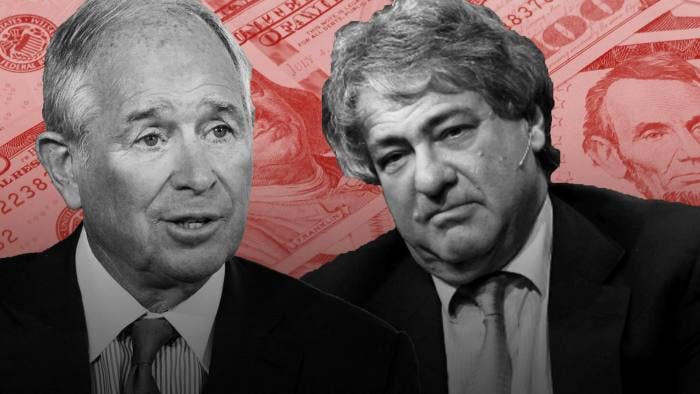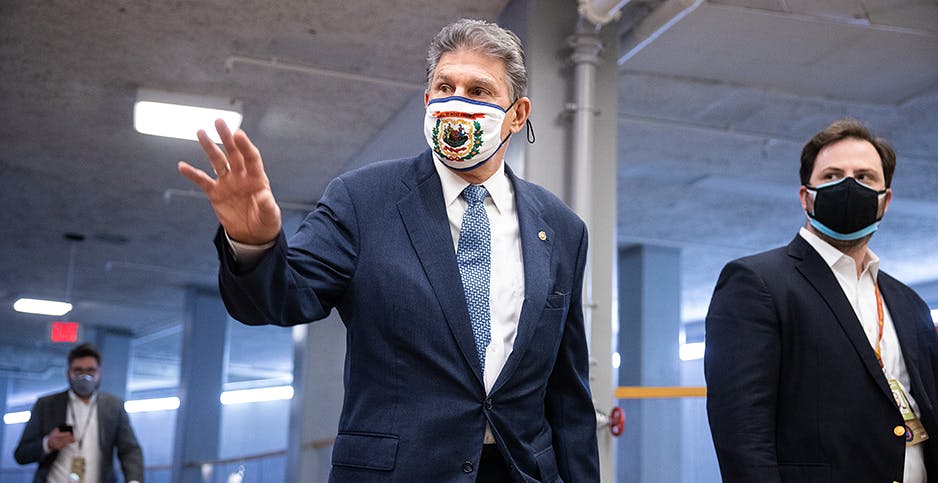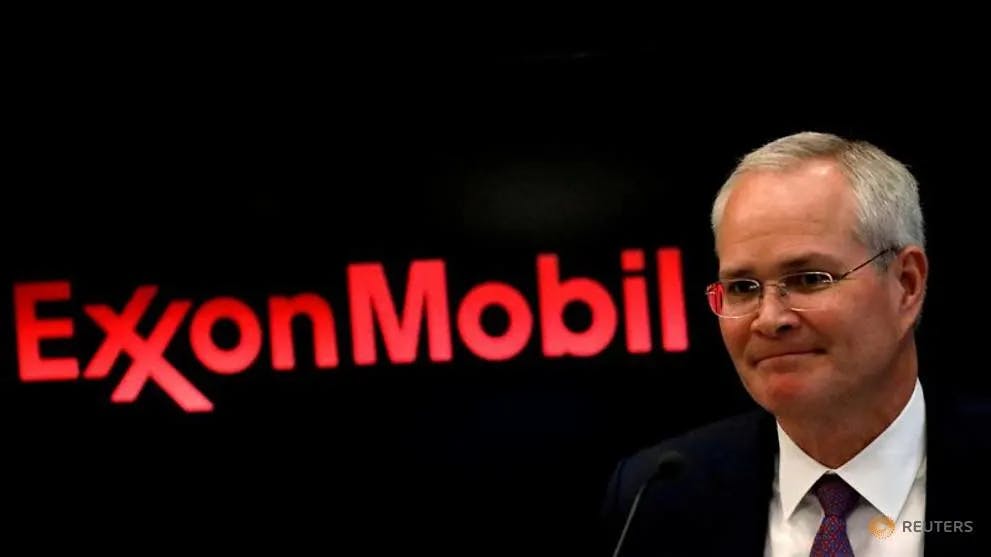 Financial Times
Financial Times
Private equity chiefs get bumper payouts on back of Fed stimulus
Private equity executives who rank among the richest men on Wall Street received hundreds of millions of dollars in payouts even as the US economy faltered last year, helped by central bank stimulus that wiped out the investment losses they recorded early in the pandemic.
Blackstone founder Stephen Schwarzman received at least $615m, most of it in dividends. That is one-fifth more than he earned the previous year, as strong investment returns and inflows of fee-paying capital boosted earnings at the world’s biggest private equity firm.
Read more E&E News
E&E News
Manchin, Stabenow float $4B coal community investment bill
Two senior Senate Democrats introduced legislation this morning to make available as much as $4 billion in clean energy manufacturing tax credits for communities affected by coal mine or power plant closures.
The legislation from Senate Energy and Natural Resources Chairman Joe Manchin (D-W.Va.) and Agriculture Chairwoman Debbie Stabenow (D-Mich.) would revive the so-called 48C tax credit to bolster the private-sector transition to a clean energy economy.
Read more Reuters
Reuters
Exxon scales back shale ambitions to focus on lower costs, dividend preservation
Exxon Mobil Corp is lowering its ambitions for oil and gas output, it said Wednesday, as it focuses on cutting costs and preserving dividends to win back investors that have soured on the company after years of overspending.
The top U.S. oil producer incurred a historic loss of $22.4 billion last year and is trying to convince a skeptical Wall Street that it can rebound after years of overspending left it deeply indebted and lagging behind rivals better geared for a world demanding cleaner fuels.
Read more Reuters
Reuters
Democrat Katie Porter says to target Big Oil in new role as natural resources chair
U.S. Representative Katie Porter, who has earned a reputation for grilling bank and drug company executives during Congressional hearings, told Reuters she will focus on a new target in her new role as chair of the House Natural Resources Oversight Committee: Big Oil.
The position will make the California Democrat a key player in U.S. energy policy as President Joe Biden puts curbs on federal fossil fuel development at the center of a plan to fight climate change.
Read more Texas Observer
Texas Observer
Dying Oil Companies’ Parting Gift: Millions in Clean Up Costs
When Weatherly Oil and Gas filed for bankruptcy in February 2019, the company was walking away from several hundred Texas wells. Many hadn’t produced a drop of oil in years. Companies are legally required to “plug” wells that they’re no longer using to extract oil and gas by pouring concrete into all their openings and cracks; this prevents them from leaking fossil fuels or harmful pollutants into the air and water sources nearby. But many companies that abandon wells say they no longer have the financial means to do so, leaving government regulators on the hook for the cost. The problem is massive: There are approximately 2.1 million unplugged abandoned wells across the country.
Read more Reuters
Reuters
European officials urge World Bank to exclude fossil-fuel investments
Senior officials from Europe have urged the World Bank’s management to expand its climate change strategy to exclude investments in oil- and coal-related projects around the world, and gradually phase out investment in natural gas projects, according to three sources familiar with the matter.
In the six-page letter dated Wednesday, World Bank executive directors representing major European shareholder countries and Canada, welcomed moves by the Bank to ensure its lending supports efforts to reduce carbon emissions.
Read more Bloomberg
Bloomberg
OPINION: Congress’s Infrastructure Plan Must Put Climate First
As the $1.9 trillion Covid-19 relief legislation moves to the Senate, it temporarily distracts attention from even more ambitious legislation that’s set to follow — President Joe Biden’s Build Back Better recovery plan — and the battle it’s sure to provoke. At the heart of this brewing fight is the question of which does more to protect the future: addressing climate change or containing fiscal risks. Because it probably won’t be possible to accomplish both, climate mitigation must come first.
Read more